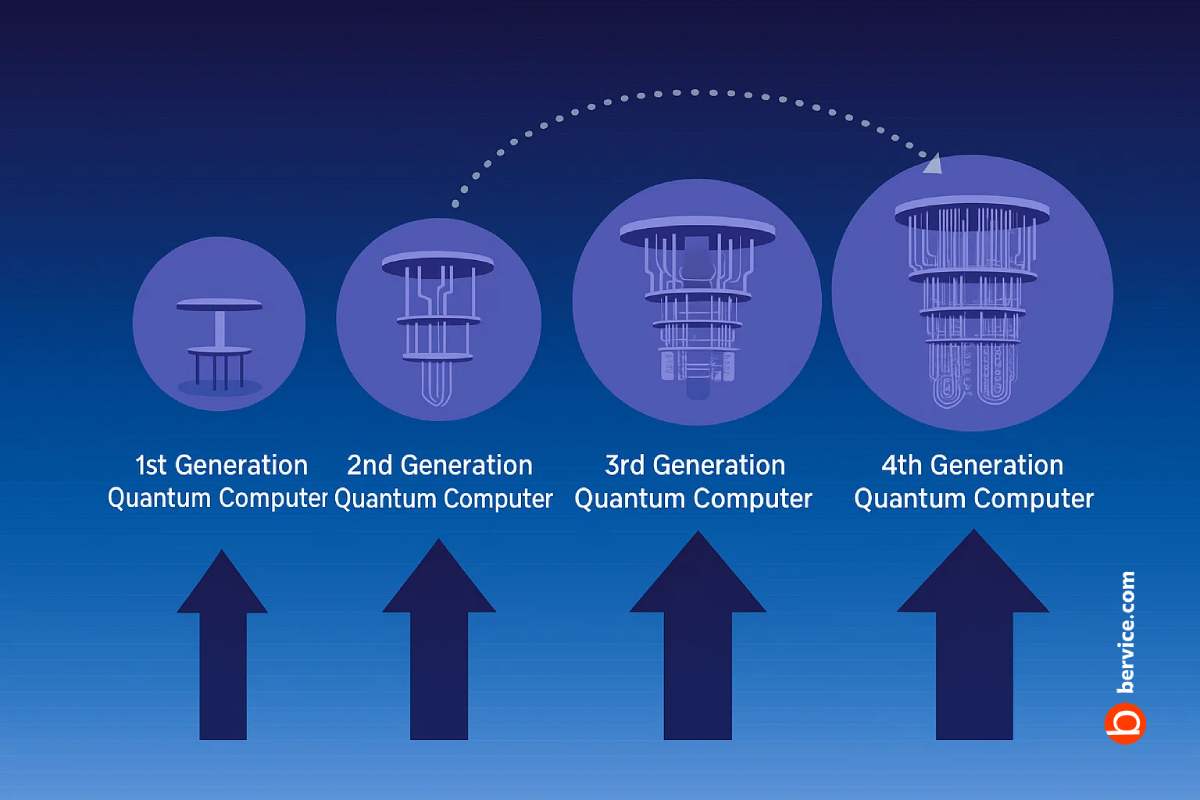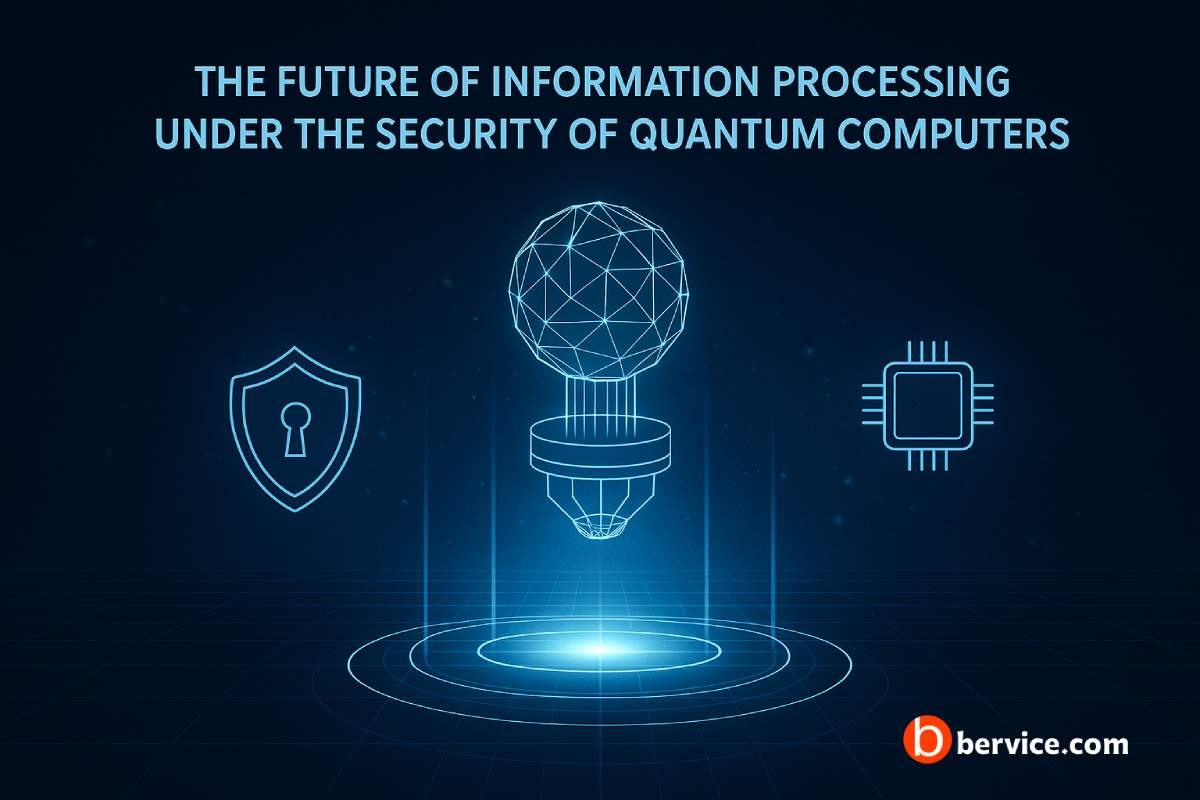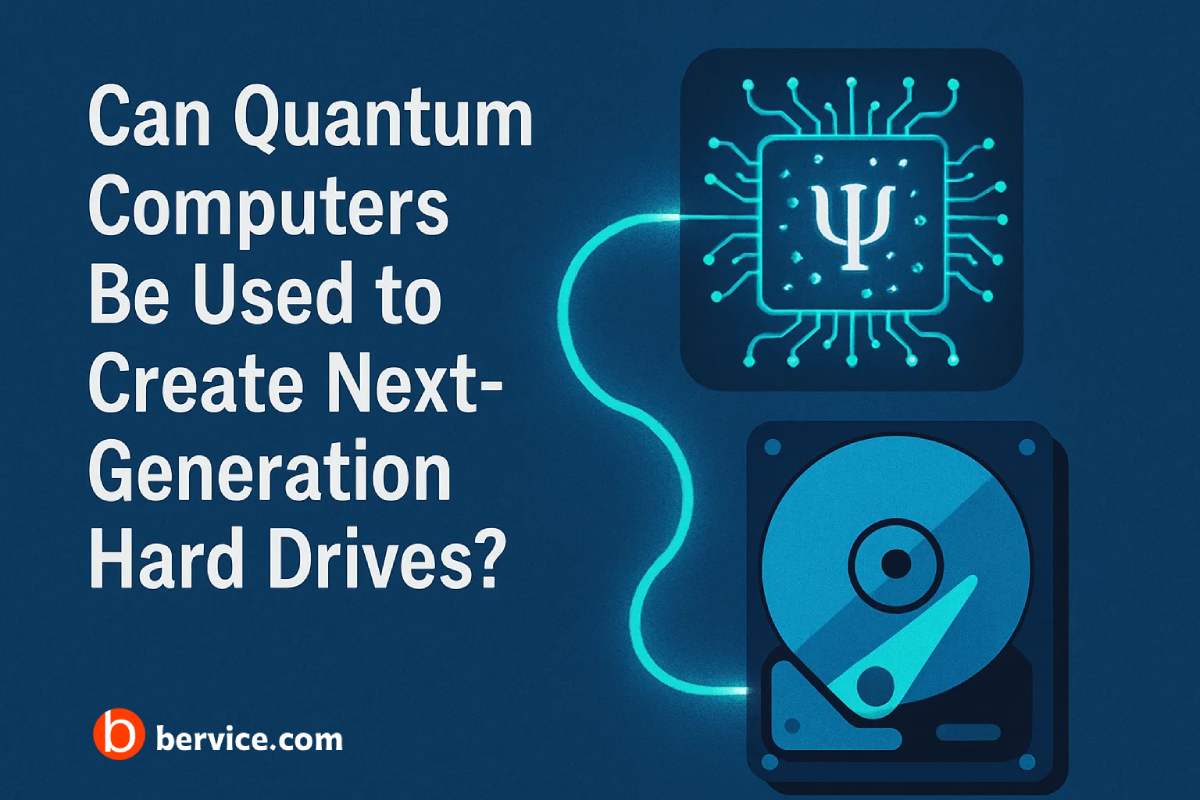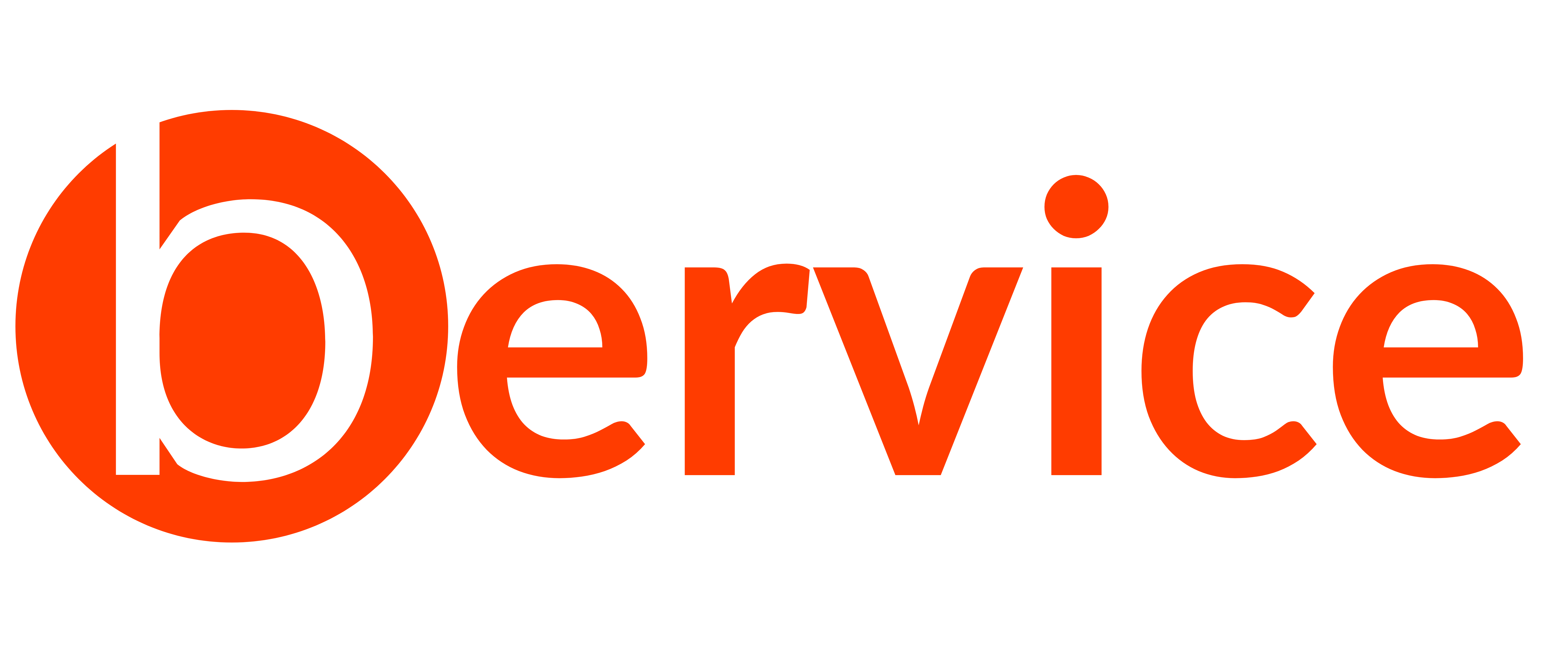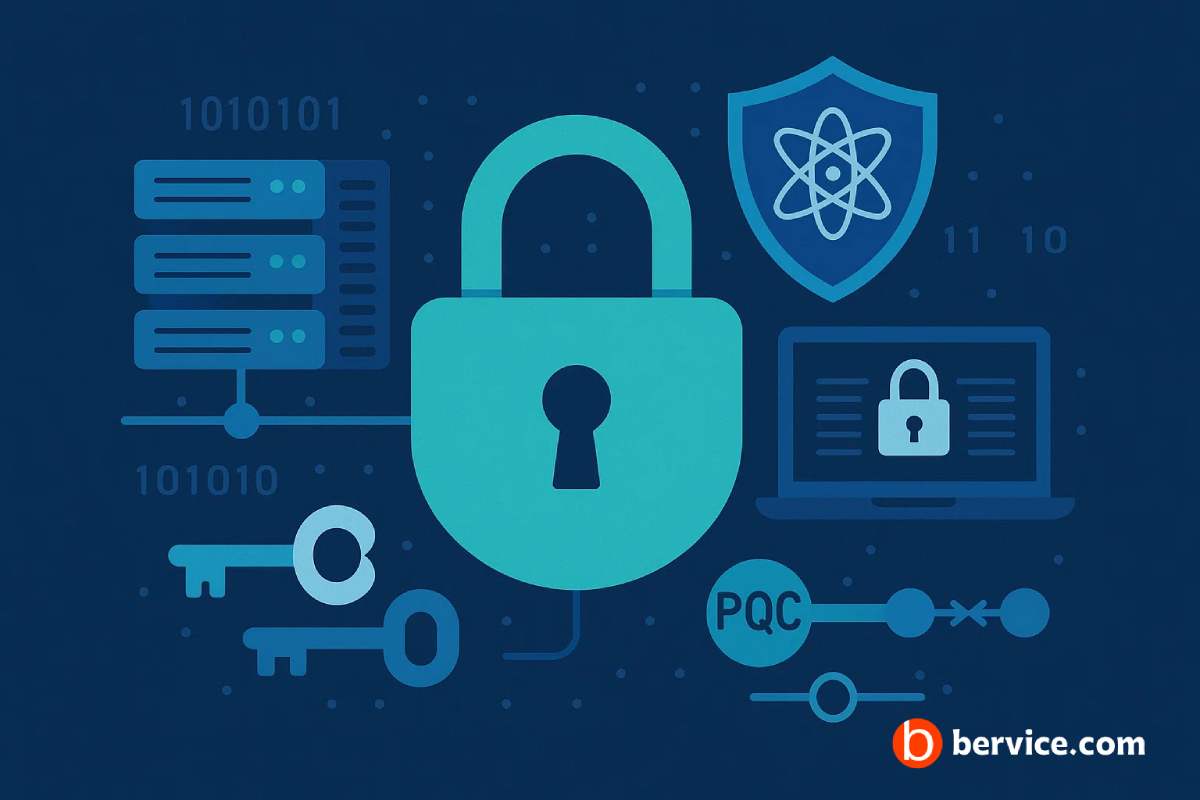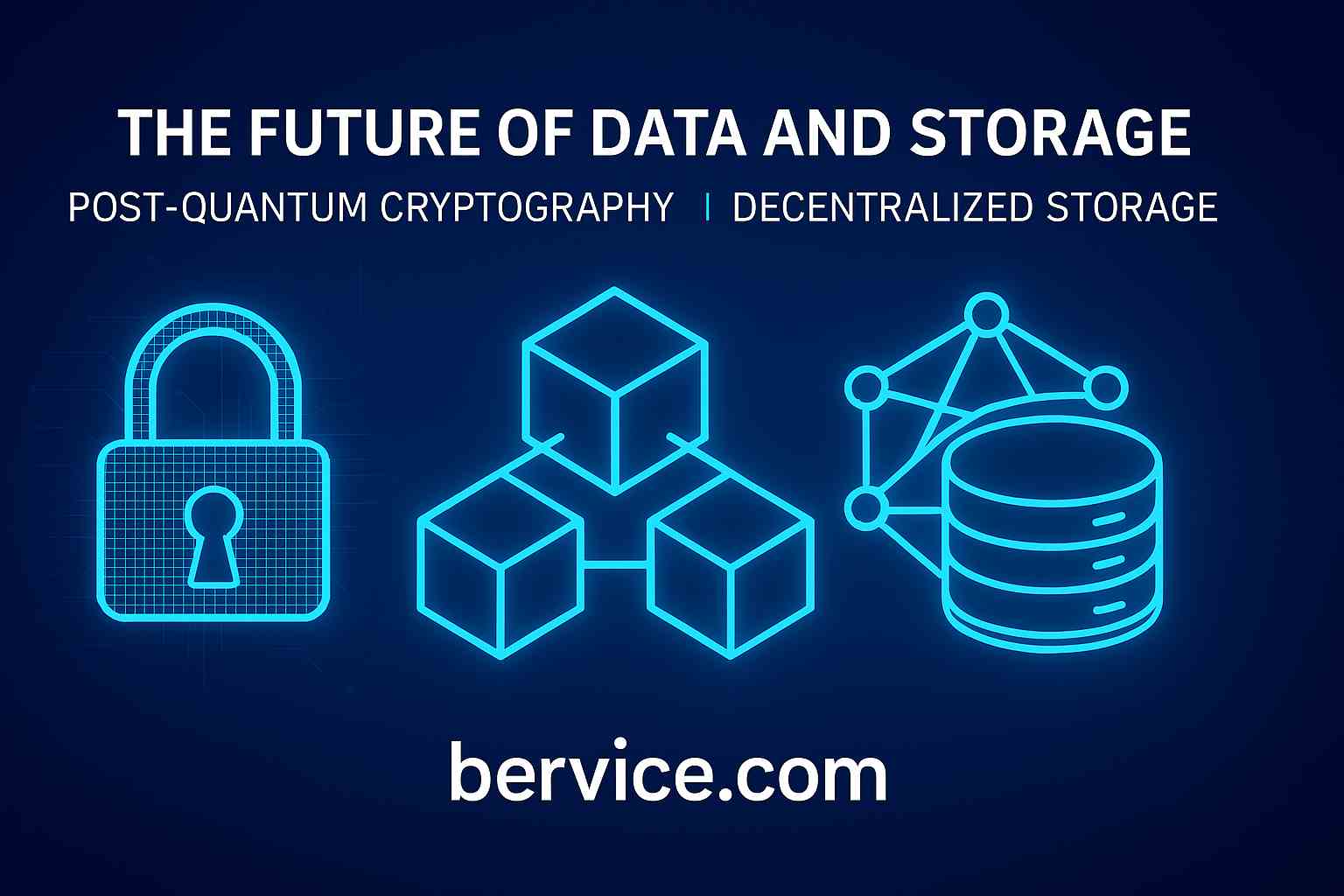
In an increasingly digital world, data security and storage are paramount. As we continue to rely on data for everything from business operations to personal lives, ensuring that this information remains private, secure, and accessible is crucial. With the advent of quantum computing, traditional encryption methods, such as RSA and ECC (Elliptic Curve Cryptography), face potential vulnerabilities. This is where post-quantum cryptography (PQC), blockchain technology, and decentralized storage solutions come into play. Together, they offer a glimpse into the future of secure data management in a quantum-era world.
Post-Quantum Cryptography: The New Frontier
Quantum computing promises to revolutionize computing power, enabling machines to perform tasks exponentially faster than classical computers. However, this progress presents a challenge for current encryption techniques that rely on mathematical problems like factorization and discrete logarithms, which quantum computers can solve efficiently. This has led to the development of post-quantum cryptography.
Post-quantum cryptography refers to cryptographic algorithms that are resistant to the computational power of quantum computers. These new cryptographic systems aim to secure data against quantum attacks, ensuring that sensitive information remains protected even in the face of quantum breakthroughs. The National Institute of Standards and Technology (NIST) has been working to standardize post-quantum cryptographic algorithms, ensuring that they are secure, efficient, and scalable.
As quantum computing continues to evolve, PQC will become essential for securing communications, digital signatures, and data storage systems. The shift to PQC will likely be gradual, but it will be crucial in maintaining data security as quantum technology matures.
Blockchain Technology: Decentralization and Security
Blockchain technology, originally developed as the foundation for cryptocurrencies like Bitcoin, is another key component in the future of secure data management. Blockchain offers a decentralized and transparent way of storing and transmitting information. Transactions and data on a blockchain are stored in blocks that are linked together in a chain, providing a high level of immutability and security.
In the context of data storage, blockchain can be used to create tamper-proof records of transactions or data entries. This could significantly improve data integrity, especially in industries like healthcare, finance, and supply chain management. The use of consensus mechanisms in blockchain also ensures that no single entity has control over the data, making it resistant to censorship or unauthorized access.
Blockchain can also be used in combination with post-quantum cryptography to secure the data stored within the blockchain network. By integrating PQC algorithms into blockchain protocols, it is possible to protect the integrity and privacy of data even in a post-quantum world.
Decentralized Storage: Redefining Data Management
Decentralized storage systems are another innovative solution that will play a significant role in the future of data storage. Unlike traditional centralized storage systems, where data is stored on servers controlled by a single entity, decentralized storage distributes data across a network of independent nodes. This not only increases the resilience of the storage system but also reduces the risk of data breaches and outages.
One of the most promising decentralized storage solutions is the InterPlanetary File System (IPFS), which enables the creation of a distributed file system that can store and share data across a global network. By using blockchain and cryptographic technologies, decentralized storage systems can ensure the integrity, availability, and privacy of data.
In the future, as more organizations and individuals adopt decentralized storage, the security and privacy of data will be enhanced. The combination of blockchain, post-quantum cryptography, and decentralized storage will create a robust ecosystem that can protect data from both quantum attacks and centralized control.
The Intersection of PQC, Blockchain, and Decentralized Storage
The intersection of post-quantum cryptography, blockchain technology, and decentralized storage systems represents a powerful fusion of security, privacy, and efficiency. By combining the strengths of these technologies, it is possible to create a future-proof data storage ecosystem that is resilient to quantum attacks, censorship, and unauthorized access.
Post-quantum cryptography will ensure that data remains secure in the face of quantum computing, while blockchain technology will provide a decentralized and immutable ledger for tracking and verifying transactions. Decentralized storage systems will ensure that data is stored securely across a distributed network, making it less vulnerable to attacks or failures of centralized systems.
As these technologies continue to evolve, the future of data and storage will be characterized by a higher level of security, privacy, and efficiency. Organizations will be able to securely store and share sensitive information, knowing that it is protected from both quantum and classical attacks.
Conclusion
The future of data and storage will be shaped by the convergence of post-quantum cryptography, blockchain technology, and decentralized storage solutions. Together, these technologies will create a secure and resilient framework for managing data in a quantum-enabled world. As quantum computing progresses, the need for robust encryption and secure data storage will become more critical than ever. By embracing post-quantum cryptography, blockchain, and decentralized storage, we can ensure that our digital future remains safe, secure, and private.
Connect with us : https://linktr.ee/bervice
